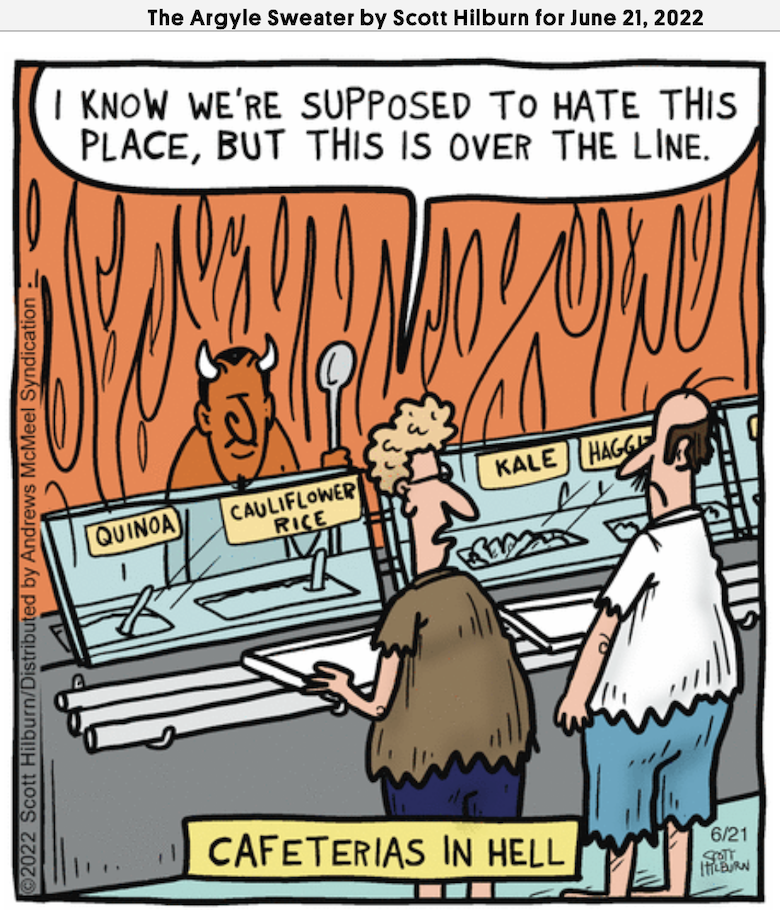The 1920s were a high point in people believing that they could communicate with the dead. This may well have been due to two major events: the First World War of 1914-1918 and the Spanish flu pandemic of 1918-1919. Both of them resulted in many millions of deaths, many of them sudden and of young people, causing deep grief among the survivors. One can well understand the yearning of people to somehow connect with the ones they had lost.
Naturally this created a market for those who could claim to channel the spirits of the dead and as a result there was a cottage industry of people conducting seances, where you go to talk with a loved one through an intermediary. Belief in this was widespread and indeed this form of ‘spiritism’, the belief in the existence of an afterlife where the deceased lived and could be communicated with, was viewed as a kind of religion that was independent of other religions and devoid of beliefs in any particular god. Belief in communicable spirits was supported by many eminent people of that time, including scientists such as Sir Oliver Lodge, whose son had died. Another notable believer was Arthur Conan Doyle whose son Kingsley had died during the war and Doyle believed that through a medium, he had been able to talk with him. His wife Jean also claimed to have the ability to communicate with the dead using the mode of spirit writing, where her hand would be guided over paper by the spirit.
[Read more…]

